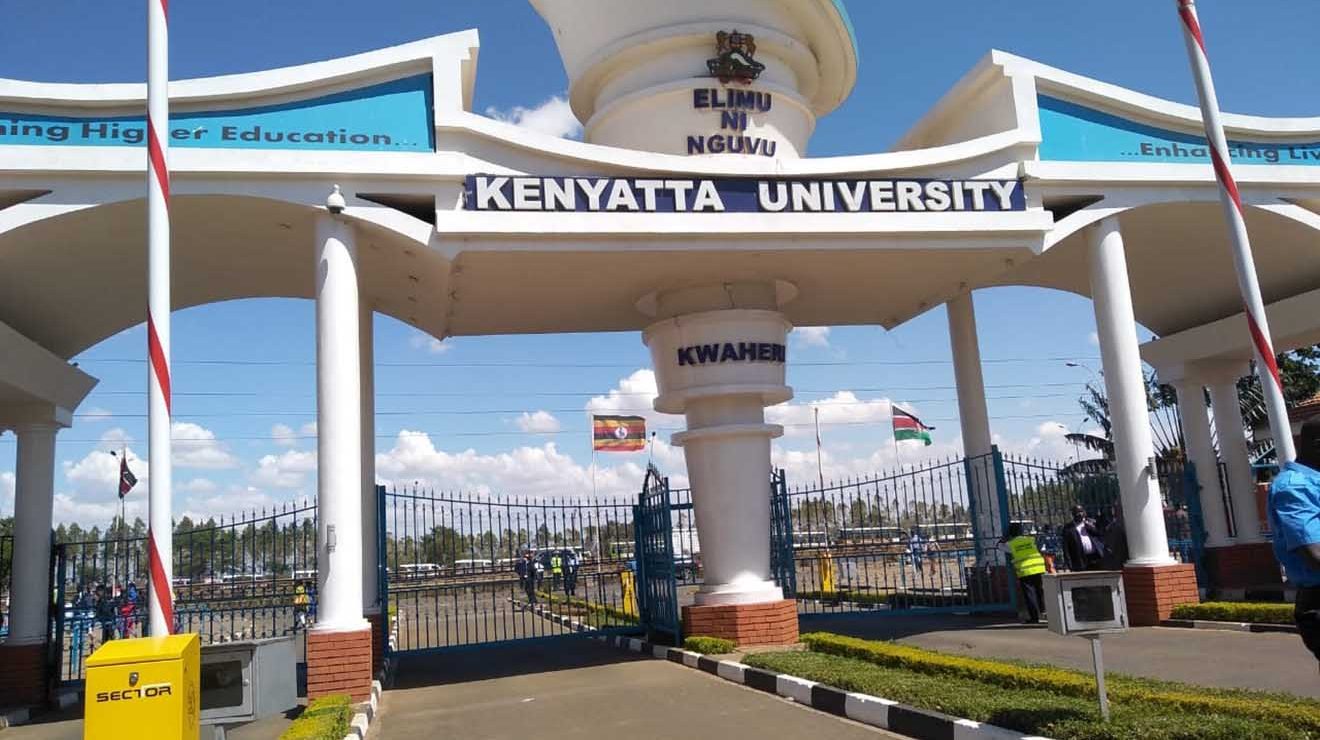Exchange rate: TETFUND Scholars in Kenya seek bailout
Nigerians studying in Kenya under the Tertiary Education Fund (TETFUND) Academic Staff Training and Development (AST&D) have written to the fund, seeking financial bailout. In a letter addressed to the Executive Secretary TETFUND, Sonny Echono, signed by the President Nigerian Students Association Kenyatta University, Jamilu Rabiu, the scholars appealed to TETFUND to review the amount […]

Nigerians studying in Kenya under the Tertiary Education Fund (TETFUND) Academic Staff Training and Development (AST&D) have written to the fund, seeking financial bailout.
In a letter addressed to the Executive Secretary TETFUND, Sonny Echono, signed by the President Nigerian Students Association Kenyatta University, Jamilu Rabiu, the scholars appealed to TETFUND to review the amount of upkeep given to scholars and to develop an effective communication channel with the University Management to ensure that their demands were satisfactorily addressed.
Jamilu reiterated that challenges faced by the scholars were presented to the Tertiary Education Trust Fund (TETFUND) monitoring team on May 23, 2022, and highlighted the urgent need for support and resources to be provided to Nigerian students studying abroad.
The Association has also sent in two reminder letters dated 2nd September, 2022 and 23rd of January, 2023 on the challenges faced due to the hike in dollar rate, adding that 8 KSH is equivalent to N1.
He said they encounter delays in processing students’ pass which can create a range of issues for them, including intimidation by security operatives and the risk of being seen as staying illegally in the country.
“The requirement for police clearance from the Nigerian Police Force is another challenge, with only a few Nigerians getting their student pass before the expiration of the clearance.”
“Another challenge is the longer waiting time before allocation of supervisors and delay of supervision at the departmental level. This delay has led to a longer waiting time for students to begin working on their thesis or dissertation, which can negatively impact their academic progress. Some students have also experienced delays of up to two to three months before starting their project, while others have been stuck waiting for their supervisors to read and provide feedback on time after submitting their project.”
He explained that scholars have been facing lots of challenges that includes; difficulty in getting research material, lack of access to necessary research materials which can hinder the progress of students and limit the quality of their research and lack of adequate funding for research that lead to some students forced to limit the scope of their research or even abandon their projects altogether.
Rabiu said inadequate support for mental health and well-being adding that the stress of academic work and the challenges of living in a foreign country can take a toll on students’ mental health and basic amenities.
“Shortfall in the payment of registration fees is another financial challenge faced by Nigerian students at Kenyatta University. While TETFUND pays the registration fees of beneficiaries directly to the university, students have reported a shortfall in funding over the past two years. This has forced some students to balance the deficits from their own pockets, which can create additional financial strain.”
“Finally, the impact of the COVID-19 pandemic on students’ academic progress and finances cannot be ignored. Following the directive issued by the Kenyatta University Senate for all students to clear and vacate from the campus premises, two Nigerian students under TETFUND scholarship were affected and forced to join the evacuation organized by the Nigerian High Commission in Kenya. This evacuation came at a significant cost, with each student paying $850 for their air ticket.”
